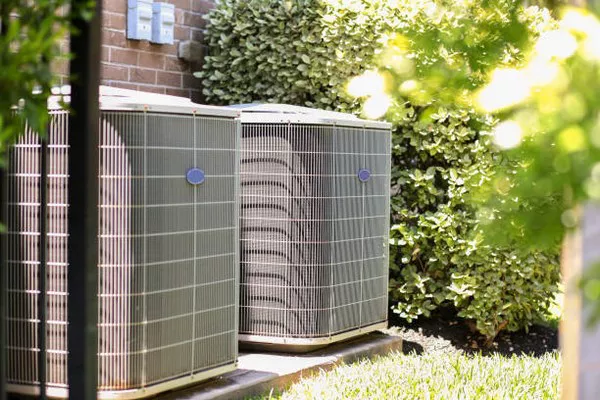As winter approaches, one crucial task for homeowners with irrigation systems is winterizing their sprinklers to prevent damage from freezing temperatures. One of the most effective methods for this is blowing out the sprinkler system with compressed air. However, selecting the appropriate air compressor for this job is essential to ensure safe and efficient winterization. In this article, we’ll delve into the factors to consider when choosing an air compressor for blowing out sprinkler systems, along with practical tips to guide your decision-making process.
Understanding the Requirements
To start, it’s important to understand the specific requirements for blowing out a sprinkler system. The goal is to remove all residual water from the pipes, valves, and sprinkler heads to prevent freezing and potential damage during the winter months. This requires a compressor that can deliver sufficient air volume and pressure to clear the entire irrigation system effectively.
Key Factors to Consider
Air Volume (CFM):
Cubic Feet per Minute (CFM) is a critical specification to consider when choosing an air compressor. The CFM rating indicates how much air the compressor can deliver at a given pressure level. For blowing out sprinkler systems, a compressor with a CFM rating of at least 20-30 CFM is typically recommended. This ensures adequate air flow to push out the water from the system efficiently.
Air Pressure (PSI):
Pounds per Square Inch (PSI) refers to the pressure at which the compressor delivers air. Most sprinkler systems require a minimum of 50-80 PSI to effectively clear out water. Therefore, ensure that the compressor you choose can deliver sufficient pressure to accomplish this task.
Tank Size:
The size of the compressor’s air tank is also important. A larger tank can hold more compressed air, allowing for sustained operation without continuous refills. This can be particularly useful for larger irrigation systems or when multiple zones need to be blown out.
Portability and Power Source:
Consider whether you need a portable compressor or if a stationary unit would suffice. Portable compressors are often powered by gasoline engines, making them suitable for outdoor use where electrical outlets may not be available. Electric compressors, on the other hand, are generally quieter and more suitable for indoor use.
Types of Air Compressors
When it comes to selecting an air compressor for blowing out sprinklers, there are several types to choose from:
Gas-Powered Portable Compressors:
These compressors are ideal for outdoor use and are typically more powerful, making them suitable for larger irrigation systems. They offer the advantage of mobility but may produce more noise and emissions compared to electric models.
Electric Stationary Compressors:
Electric compressors are quieter and require less maintenance compared to gas-powered models. They are suitable for smaller to medium-sized irrigation systems and are often more cost-effective in terms of operational expenses.
Choosing the Right Size
Selecting the right size of compressor depends on the size and complexity of your sprinkler system. Here are some general guidelines:
Small to Medium-Sized Systems: For systems with fewer zones and shorter pipe runs, a compressor with a lower CFM rating (around 20-25 CFM) should suffice.
Large Systems or Multiple Zones: For larger properties with extensive irrigation networks or multiple zones, opt for a compressor with a higher CFM rating (30+ CFM) to ensure adequate air flow throughout the system.
Additional Considerations
Aside from the technical specifications, there are a few more factors to keep in mind when choosing an air compressor:
Quality and Reliability: Invest in a reputable brand known for producing durable and reliable compressors. This ensures that your compressor will perform effectively for many seasons.
Maintenance Requirements: Consider the maintenance needs of the compressor, such as oil changes, filter replacements, and overall upkeep. Regular maintenance is crucial for prolonging the lifespan of the compressor.
Safety Features: Look for compressors equipped with safety features such as automatic shut-off valves and pressure gauges to prevent over-pressurization.
See Also What Is Compressor Displacement? A Comprehensive Guide
Conclusion
In conclusion, selecting the right air compressor for blowing out sprinkler systems is essential for ensuring the longevity and functionality of your irrigation system. By considering factors such as air volume, pressure, tank size, and portability, you can choose a compressor that meets the specific needs of your property. Remember to prioritize quality and reliability when making your selection, and don’t hesitate to seek advice from professionals if you’re unsure about which compressor to choose. With the right equipment and proper technique, winterizing your sprinkler system can be a straightforward and effective process, safeguarding your investment for years to come.

